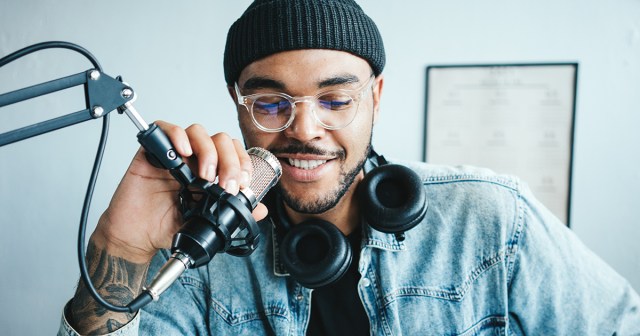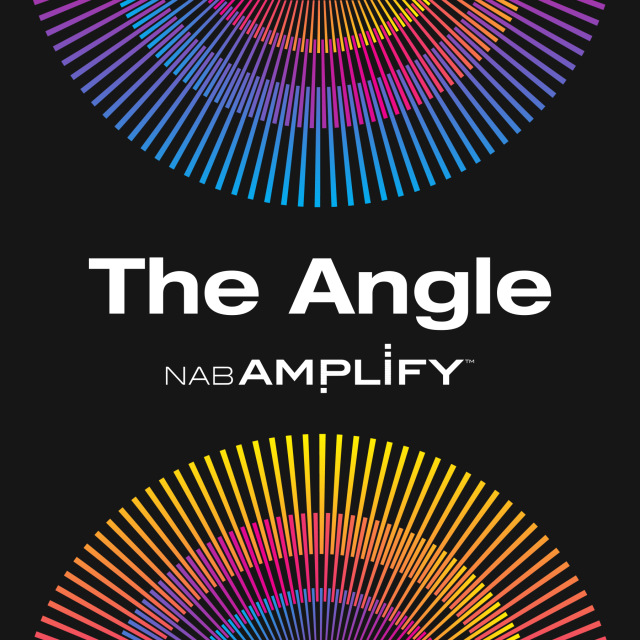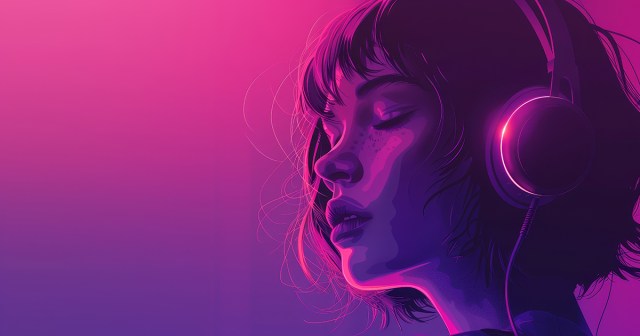
TL;DR
- Taylor Lorenz and Ashley Carman consider how audio is — and isn’t — being changed by the Creator Economy and technology trends on a recent ‟Power User” episode.
- How will audio content evolve next? What do consumers really want from their audio books and feature articles?
- They discuss “fake podcasts,” digital narration and the (non)phenomenon of audio virality, all of which is influenced by other M&E trends.
“Audio is being integrated in more and more spaces. At the same time, it just never seems to break through,” Washington Post reporter Taylor Lorenz observed during a recent audio-centric episode of her “Power User” podcast.
Lorenz was joined by Bloomberg News’ audio reporter Ashley Carman, and you can listen to their full conversation below, or read on for more of their thoughts on the intersection of audio trends and the creator economy.
Podcast Trends
One weird confluence of the gig economy and the Creator Economy has resulted in a spate of social media ads that are staged to look like excerpts from podcasts.
Carman explains that these fake podcasts-cum-native-ads are a “new way for brands to really access… the value of a podcast without actually working with podcasters.”
These spots are actually part of a lucrative emerging industry for actors, typically hired via Fiverr or Backstage, to shoot an ad scripted and staged to appear like they’re a guest talking up the brand on a popular podcast. “Essentially, when you come across as in your TikTok feeds or [Instagram] Reels, you think you’re catching a podcast midway through, but actually, it’s totally just advertisement,” Carman says.
That’s also interesting because, Carman says, “TikTok did briefly seem to be moving into the podcast market, but then they backed away from it.”
Lorenz notes multipart posts on TikTok can be enjoyed similarly to binging a podcast, referring specifically to TikToker’s Risa Tisa’s Winter virality.
Carman questions whether longform audio is a good fit for the app, but expects it will continue to influence the audio marketplace.
Regardless, it’s important to leverage what actually makes a creator popular. Carman says companies are now being a bit more strategic when cutting deals: “Certain influencers can hold a conversation for 30 minutes or whatever it’s going to be for their podcasts.
“Certain people have really interesting perspectives. But a lot of the time now it’s going to incorporate video and they’re going to be a lot smarter about who they’re working with.”
For example, Carman says she’s “very interested in what Alex Cooper [of “Call Her Daddy”] is building with Alix Earle as one of her stars.”
Another notable audio trend, per Lorenz, is “reality stars launching podcasts.” Carman says she’s also observed this, but hasn’t dug into the business models underlying it.
She compares it to sports podcasts, in that fans feel the “need to talk about this” and “to parse it” after consuming the content.
Audiobooks, AI and More
Carman is also investigating another potential area of synchronicity: audiobooks and podcasts.
She posits that podcasts could be repackaged as an ad-free audiobook experience. Alternatively, someone clever could add video production elements (perhaps with the aid of Midjourney or Sora?) to accompany an audiobook and upload it to YouTube.
“I feel like the white noise podcasters and musicians have sort of proven this out where you can release white noise as music and have the royalty model work for you. Or you can release it as a podcast and get paid through ads and make a ton of money,” Carman said.
“So I think this is sort of that convergence I’ve been waiting to see. And I feel like we’re kind of at that moment where now that can really happen.”
Lorenz’s employer has long offered readers a way to listen to articles via Polly, Amazon’s AI voice tool; WaPo is also owned by Amazon founder Jeff Bezos. The New York Times also recently joined the bandwagon; unclear who provides their digital narration, but the move is in line with the launch of New York Times Audio in 2023.
“There’s definitely an audience out there for that type of delivery, who maybe don’t want to sit there and read a long read.
“I mean, it is really nice sometimes to listen to the feature articles. It’s just like a little mini narrative podcast or something,” Carman says.
Then there’s Amazon’s latest feature for authors: a tool that can craft AI-generated audiobooks. Authors have quickly taken advantage of it, but consumer reactions have been mixed at best, Carman observes.
Digital narration seems like a financially sound decision, but at least at this juncture, Carman thinks some “power users” have a strong preference for human narration and may be put off by “an influx of AI generated voiced content.”
Audio Virality
Lorenz notes that the audio medium has not yet been truly “disrupted” by the Creator Economy. To do so, she explains, “audio-focused platforms [would] allow sort of average people to be able to post and engage and develop audiences almost non-strategically.”
Perhaps Airchat might pioneer a successful model, Lorenz suggests, noting the Spring debut of the app with the slogan “just talk.” (Wired’s Lauren Goode wrote: “Airchat marries the feed aspect of Twitter with the audio-first format of Clubhouse, a daunting combo.”)
Then there’s this ongoing mystery: “Why does audio never go viral?” Lorenz wonders.
Carman points to the nature of social media as one possible answer, noting audio is a notoriously “tricky medium” for algorithms to “do a good job of curating.”
That’s also a possible explanation of the rise of video podcasts: Podcasters have learned they “can’t reach people just with our audio” because it’s “very hard to get sound bites to go viral,” Carman says.
Lorenz points out that TikTok’s Sound Clips could be argued as an example of audio virality — except, once again, “you still need that video aspect of it to make the content shareable. And to make it interesting, and I think that it’s those things working together that function the best.”
She also suggested that YouTube is the top destination for podcast consumption, but Carman followed up with a recent study that claims Spotify is now considered the top podcast app, unseating Apple Podcasts. (I wasn’t able to track down either research, but it stands to reason that audio-only listeners might favor Spotify, while YouTube has the edge for the visual crowd.)
Carman did come up with one viral audio clip: “The Britney Spears memoir, where there was [narrator Michelle Williams’] impression of Justin Timberlake” included in the audiobook version of “The Woman in Me.”

Why subscribe to The Angle?
Exclusive Insights: Get editorial roundups of the cutting-edge content that matters most.
Behind-the-Scenes Access: Peek behind the curtain with in-depth Q&As featuring industry experts and thought leaders.
Unparalleled Access: NAB Amplify is your digital hub for technology, trends, and insights unavailable anywhere else.
Join a community of professionals who are as passionate about the future of film, television, and digital storytelling as you are. Subscribe to The Angle today!


